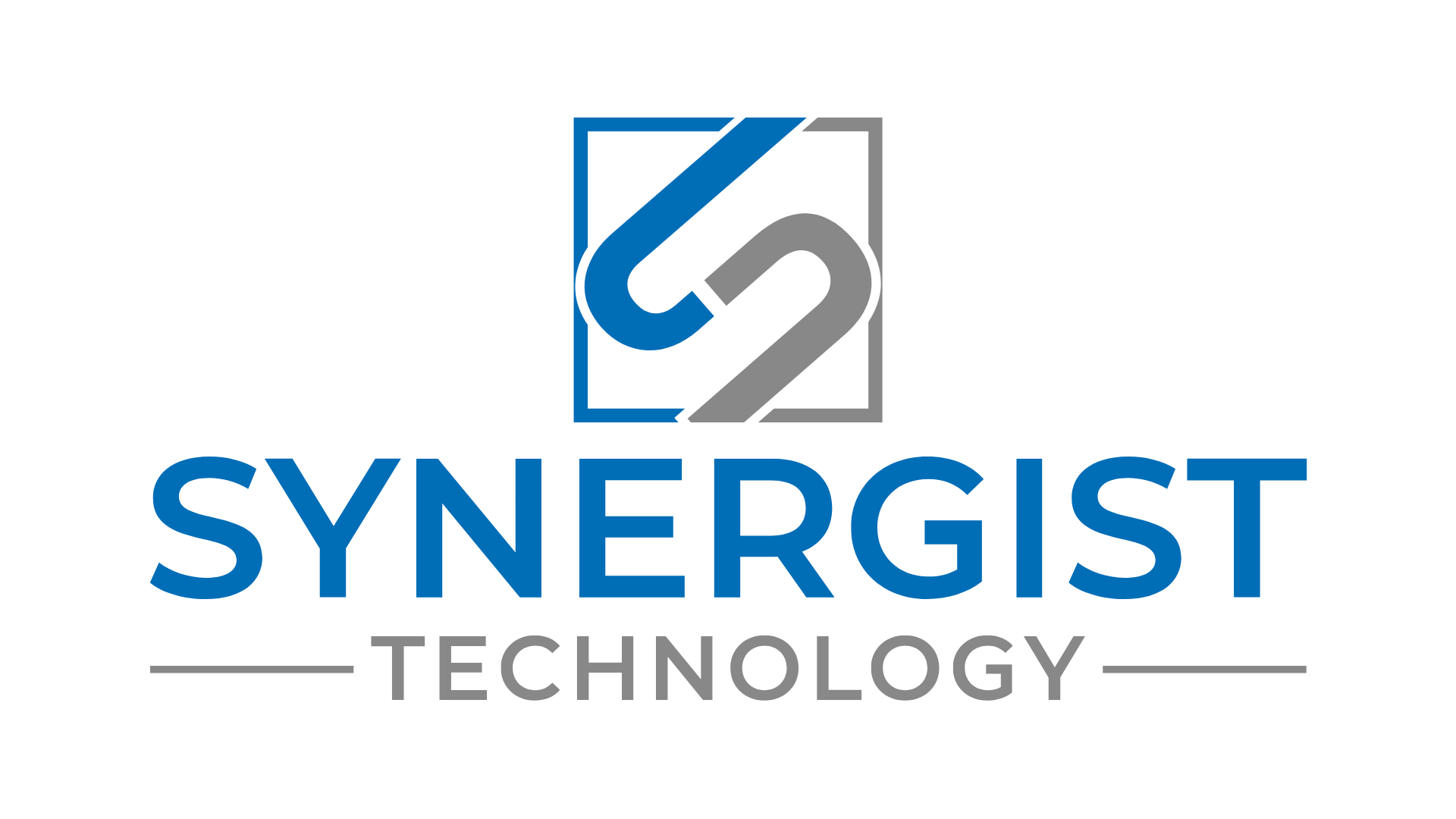In a recent Bloomberg investigation, a disturbing trend emerged in higher education: AI cheat detection tools, which also use AI, are falsely accusing innocent students of academic dishonesty. This isn't just a story about education—it's a stark warning about the broader challenges we face in AI governance, risk management, and compliance (GRC).
The Human Cost of AI Errors
Consider Moira Olmsted's story. A 24-year-old mother returning to college, she found herself accused of cheating based on an AI detection tool's false positive. As someone with autism spectrum disorder, her naturally formulaic writing style triggered the AI detector. Despite eventually clearing her name, the experience left her obsessively documenting her work process to protect herself from future false accusations.
This is not an isolated incident. Bloomberg's investigation revealed that even leading AI detection tools have a 1-2% false positive rate. While this might sound small, it translates to potentially thousands of false accusations across educational institutions each year.
The Broader Implications for AI Governance
These educational cases highlight three critical challenges in AI governance:
- Bias and Fairness: The tools disproportionately flag writing from neurodivergent individuals and non-native English speakers, revealing how AI systems can perpetuate systemic biases in potentially illegal ways.
- Accuracy vs. Scale: Even a small error rate becomes significant when deployed at scale—a crucial consideration for any enterprise AI implementation.
- Accountability Gap: When AI systems make mistakes, who bears responsibility? In education, students shoulder the burden of proving their innocence.
The Regulatory Challenge
As organizations rapidly deploy AI solutions, these issues underscore why robust AI governance frameworks are essential. The challenge isn't just about preventing errors—it's about:
- Ensuring fairness and transparency in AI decision-making
- Implementing proper oversight and accountability mechanisms
- Protecting individuals from AI-driven discrimination
- Maintaining trust while leveraging AI's benefits
Moving Forward: The Role of AI GRC
Organizations need comprehensive AI governance, risk management, and compliance solutions that can:
- Monitor AI system performance and detect bias
- Provide audit trails for AI decisions
- Enable quick intervention when errors occur
- Ensure compliance with emerging AI regulations
The AFFIRM Solution
This is where Synergist's AFFIRM AI GRC solution comes in. Unlike simple detection tools, AFFIRM takes a holistic approach to AI governance:
- Continuous monitoring of AI system outputs
- Real-time bias detection and mitigation
- Comprehensive audit trails for accountability
- Integration with existing compliance frameworks
The Path Forward
The educational AI detection story serves as a cautionary tale: Most things exist on a spectrum, making accurate measurement tricky. As AI becomes increasingly integrated into critical decision-making processes, the need to integrate robust governance frameworks becomes paramount. Doing so early gives organizations a head-start. By acting now to implement comprehensive AI GRC solutions, the myriad of longer term risks will be better understood, allowing for more accurate mitigation strategies.
Don't wait for your organization's AI systems to make headlines for the wrong reasons. Learn how AFFIRM can help you build trust, ensure compliance, and maintain accountability in your AI implementations.
Written by Jasper Mullarney, SVP of Global Partnerships at Synergist Technology.


